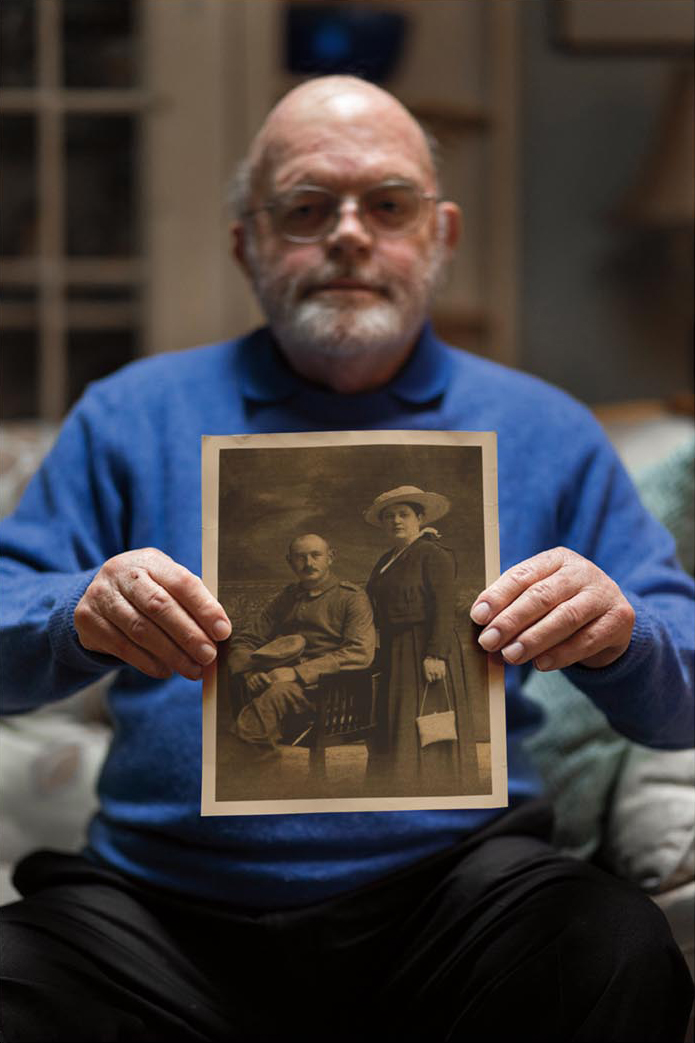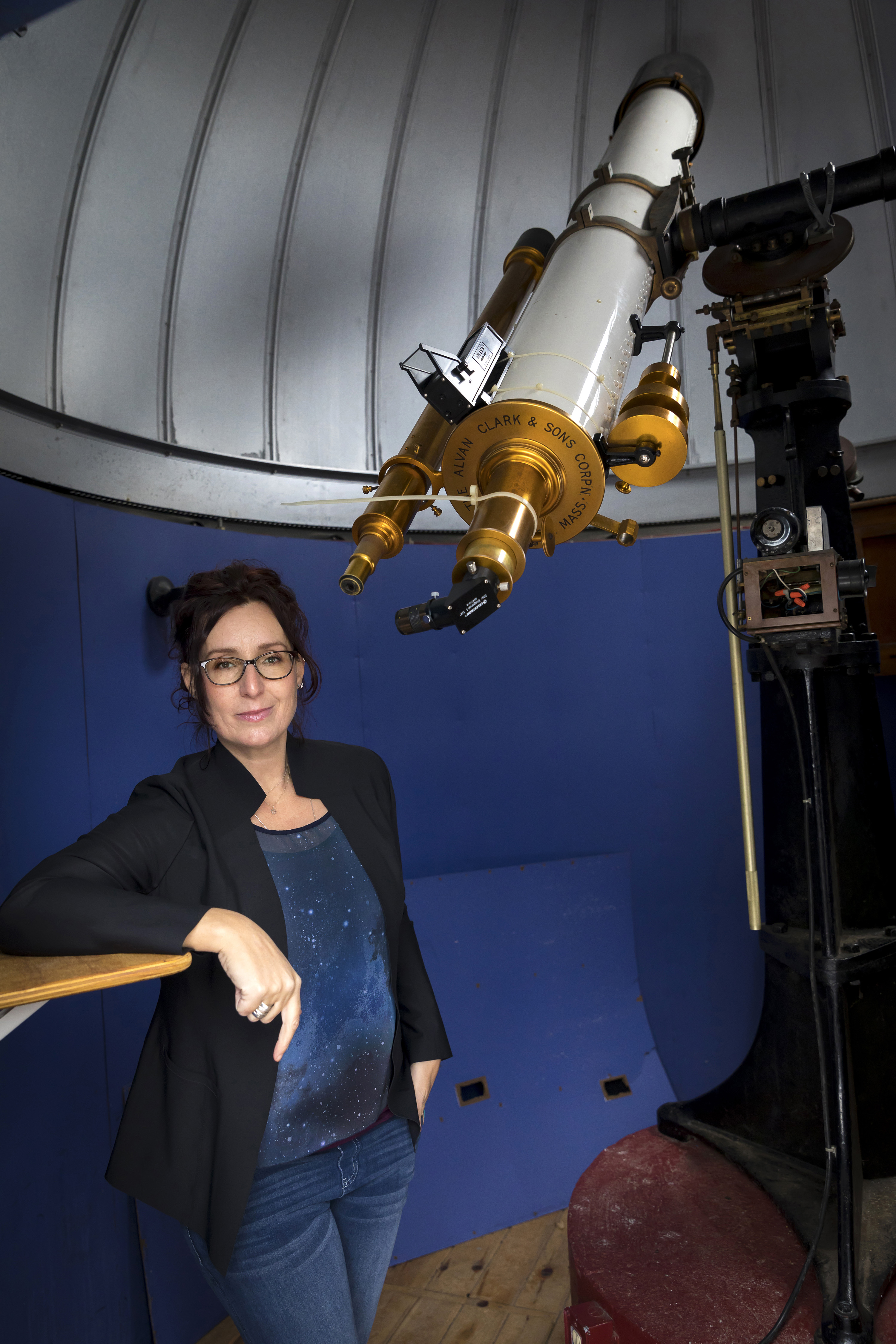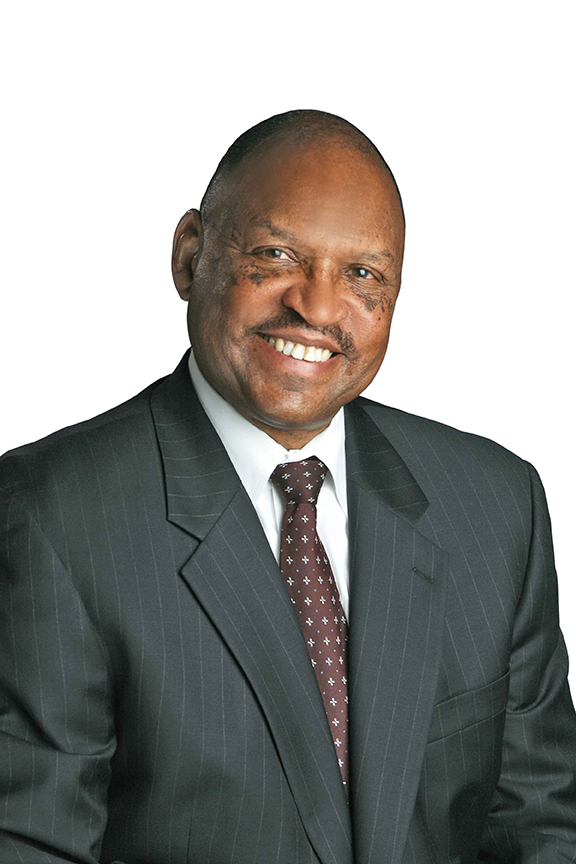Always a Logger: Adam Willard ’03
When Adam Willard ’03 emerged from high school in Bend, Ore., and prepared to enroll at Puget Sound as a pre-med major, he hated chemistry so much that he made his teacher a promise: He would never take another chemistry course that he wasn’t absolutely required to take.
A few years later, after deciding he didn’t want to go to medical school, Willard discovered that the only way he could graduate on time was by majoring in chemistry. When he took a quantum mechanics course, he realized he’d found a branch of chemistry that he actually enjoyed.
With the encouragement of his advisor, Ken Rousslang, Willard worked at an experimental spectroscopy lab on campus, and went on to graduate school at Berkeley and a postdoctoral position at University of Texas. There, he delved into theoretical chemistry, a branch of physical chemistry that examines the structural and dynamic properties of molecules and molecular materials.










